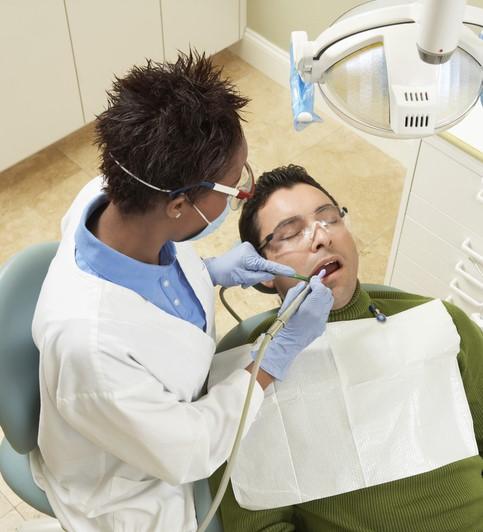
More than half of the antibiotics prescribed by dentists practicing in the Department of Veterans Affairs (VA) in 2019 do not have guidelines supporting their use and were likely unnecessary, researchers reported today in Infection Control & Hospital Epidemiology.
Using 2019 VA national electronic health record data, a team of VA researchers evaluated antibiotics prescribed by dentists for appropriateness using two definitions: a guideline-based definition (labeled as "consensus") consistent with American Dental Association Guidelines for Dental Pain and Swelling and American Heart Association Guidelines for the Prevention of Infective Endocarditis and an evidence-based definition (labeled as "non-consensus").
Inappropriate prescriptions, excessive duration
A total of 92,224 antibiotic prescriptions were associated with 88,539 dental visits. Most study participants were White (67.8%) and male (90.6%), and 53.9% were medically compromised. Amoxicillin (57.8%) and clindamycin (11.2%) were the most prescribed antibiotics. More than half of the prescriptions were used to prevent complications in medically compromised patients (30.9%) or to prevent post-surgical complications (20.1%), areas that lack professional guidance, the authors note. Of the antibiotics prescribed, 17.5% were considered concordant based on the consensus definition and 64.3% were considered non-consensus concordant.
Patient-specific factors that predicted receipt of inappropriate antibiotics were African American race, Native Hawaiian or Pacific Islander race, and Hispanic ethnicity.
The study also found that the average duration for antibiotics prescribed—8.3 days—was excessive.
"Regardless of definition applied, antibiotics prescribed by dentists were commonly unnecessary," the study authors wrote. "Improving prescribing by dentists is critical to reach the national goal to decrease unnecessary antibiotic use."

















